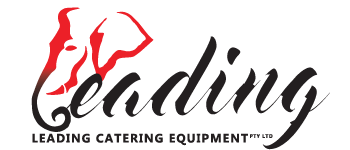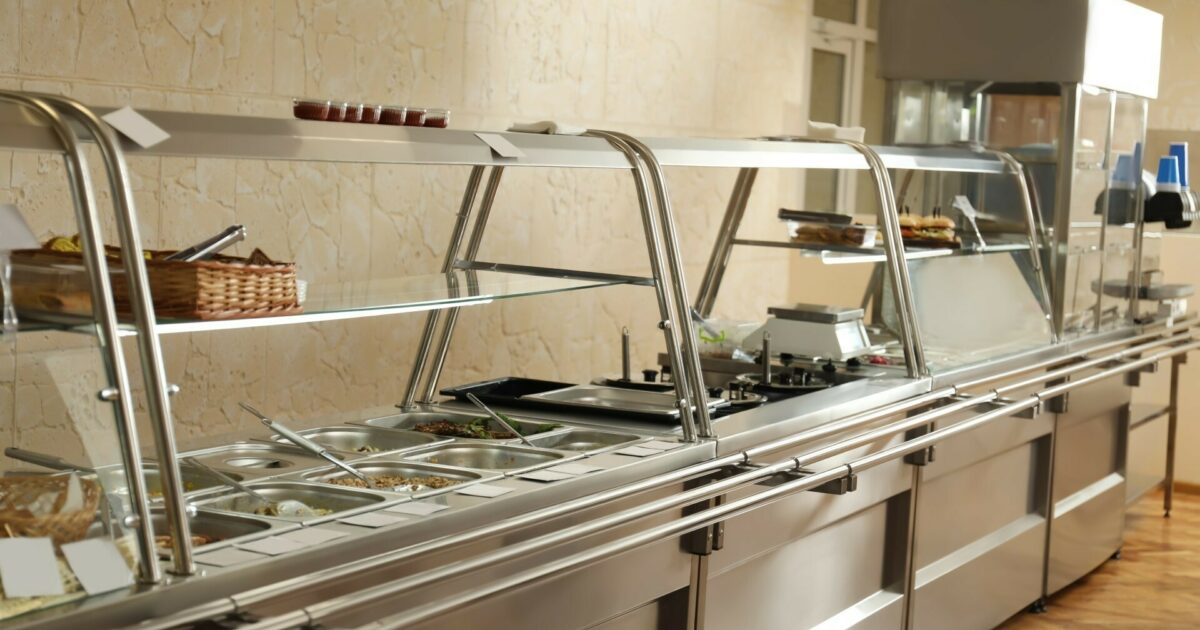In the fast-paced world of hospitality and commercial kitchens, equipment breakdowns can lead to lost time, wasted food, and unhappy customers. The commercial Bain Marie is one such piece of equipment that plays a silent yet critical role. Whether you run a buffet, café, or restaurant, keeping your Bain Marie in top condition is essential.
But how do you stop it from malfunctioning? In this blog, we'll walk you through everything you need to know—from daily habits to long-term maintenance strategies. This blog will help you enhance the lifespan of your commercial equipment and keep your kitchen running smoothly.
Keep food at a consistent, safe temperature until it’s ready to be served, ensuring hot and fresh dishes are served. Check out our Warming and Plate Cabinets.
What Is a Commercial Bain Marie?
Before diving into maintenance tips, let's quickly understand what a Bain Marie is.
The titular equipment, also known as a water bath, is an industrial kitchen appliance used to keep meals warm over time. It gently heats liquid to maintain food at a safe serving temperature. It's ideal for sauces, soups, gravies, cooked vegetables, and other ready-to-serve dishes.
There are wet heat options (which use water) and dry heat Bain Maries (which use direct heat). Industrial Wet heat options are more common in food service settings due to their even heat distribution and moisture retention.
Why Preventive Maintenance Matters?
Like any kitchen appliance, your Bain Marie undergoes regular wear and tear. Neglecting routine care can lead to:
Controlling breakdowns saves you capital and guarantees constant food quality and security.
Daily Practices to Avoid Bain Marie Breakdowns
- Start with Clean Water Every Day
If you're using a wet commercial kitchen Bain Marie, always fill it with fresh water at the beginning of the day. Never reuse old fluid. Over time, leftover H20 can build up scale and minerals, damaging internal parts.
Use warm or hot water when filling the basin to reduce the heating load on the element. Also, do not overfill—it should stay below the maximum water line.
- Check the Water Level Periodically
Liquid can evaporate throughout the day, especially in high-heat kitchens. A low aqua level can expose the heating element, leading to burnout or failure.
Make it a habit to check the water level every few hours and top it up as needed. Motivate your employees to do the same.
- Preheat Properly
Don't place cold food directly into a cold Bain Marie. The product is manufactured to preserve food temperature, not to warm it from scratch. Preheat the commercial equipment before usage and keep hot food in the pans.
This method reduces the overexertion of the model and confirms whether meals remain at a safe serving temperature.
- Avoid Using Salt in Water
Some kitchens may add salt to the beverage to speed up heating or cleaning. Avoid this practice. Saltwater is highly rust-inducing and can quickly damage stainless steel surfaces and internal components. Stick to clean, fresh water without additives.
- Turn It Off After Service
Once you have done the service, turn off the commercial Bain Marie for sale. Leaving it on for long hours, especially overnight, can overwork heating elements and lead to premature failure. It also wastes energy. Turning off the equipment allows it to cool down naturally and prevents unnecessary wear.
Weekly and Monthly Maintenance Tips
- Drain and Clean Weekly
At the end of each week, give your titular equipment a thorough clean:
- Drain the fluid basin completely.
- Clean the internal components with a gentle detergent and warm water.
- Use a soft cloth or sponge—avoid abrasive tools that can scratch the surface.
- Wash and dry comprehensively to prevent water spots and rust.
A clean Bain Marie not only works better but also lasts longer.
These incredibly versatile products are perfect for making soups, stews, stocks, sauces, and much more. Browse our Soup Pots & Heating Lamps online.
- Descale Regularly
Hard water can leave mineral deposits (scale) behind, especially around the heating elements and basin. Over time, this can affect performance and cause damage.
Use a food-safe descaling solution once or twice a month, depending on your H2O hardness. Follow the manufacturer's instructions carefully. If your business is in a hard water area, you can install a water softener.
Long-Term Strategies to Prevent Breakdowns
- 8. Schedule Professional Servicing
Even with regular cleaning, some problems can only be spotted by professionals. It's a good idea to schedule servicing of the product sourced from top commercial Bain Marie suppliers & dealers every 6 to 12 months. A technician can inspect internal parts, test electrical components, and calibrate the thermostat.
This proactive step can identify minor issues before they become major breakdowns.
- 9. Train Your Staff Properly
Many equipment breakdowns happen because of improper use. Train your staff on:
- Correct startup and shutdown procedures
- How to refill water safely
- What not to put inside the Bain Marie
When everyone is on the same page, your equipment runs smoother for longer.
- 10. Use Correct Pans and Accessories
Continuously operate the pans and boxes prescribed by the company. Using the wrong size or incompatible materials can block airflow or cause heat buildup.
Try to use standard stainless steel gastronorm pans for optimal performance.
Signs Your Bain Marie Needs Attention
Preventive care is key, but you must watch for signs of trouble. Here are red flags that your unit may need maintenance or repair:
- Takes too long to heat up
- Strange smells or burning odours
- Water is not evaporating properly
- Visible rust, corrosion, or mineral buildup
- The thermostat is unresponsive
If you notice any of these, act fast. Delaying repair can lead to a complete breakdown of your commercial kitchen Bain Marie.
Common Causes of Bain Marie Breakdown (and How to Avoid Them)
Burnt-Out Heating Element
Cause: Insufficient fluid level or frequent dry warming
Prevention: Always monitor required levels and turn them off when not in use.
Thermostat Failure
Cause: Electrical faults, wear over time
Prevention: Have it checked during regular servicing.
Corrosion and Rust
Cause: Use of saltwater or poor drying after cleaning
Prevention: Use fresh liquid only, and dry thoroughly after cleaning.
Electrical Short Circuits
Cause: Spills, faulty wiring, or moisture infiltration
Prevention: Avoid spills into electrical components and have the unit sourced from leading commercial Bain Marie manufacturers & distributors checked regularly.
Creating a Maintenance Checklist for Your Staff
Create a daily and weekly maintenance checklist for your kitchen staff to ensure consistency.
Daily:
- Empty and wipe down after service
- Switch off when the day comes to an end
Weekly:
Monthly:
- Descale using a food-safe solution
- Inspect the thermostat for accuracy
- Schedule professional service (as needed)
Handle ample food preparation and cooking volumes with our offerings to significantly speed up the process. Check out our Commercial Kitchen Equipment here.
Conclusion
Your commercial Bain Marie is a quiet workhorse in your kitchen. You can keep it running efficiently for years with just a little daily care and scheduled maintenance. The secret is to stay proactive, not reactive.
By monitoring H2O levels, cleaning regularly, descaling, and training staff, you can avoid the most common breakdown causes. A well-maintained Bain Marie means smoother operations, safer food temperatures, and lower repair costs.






